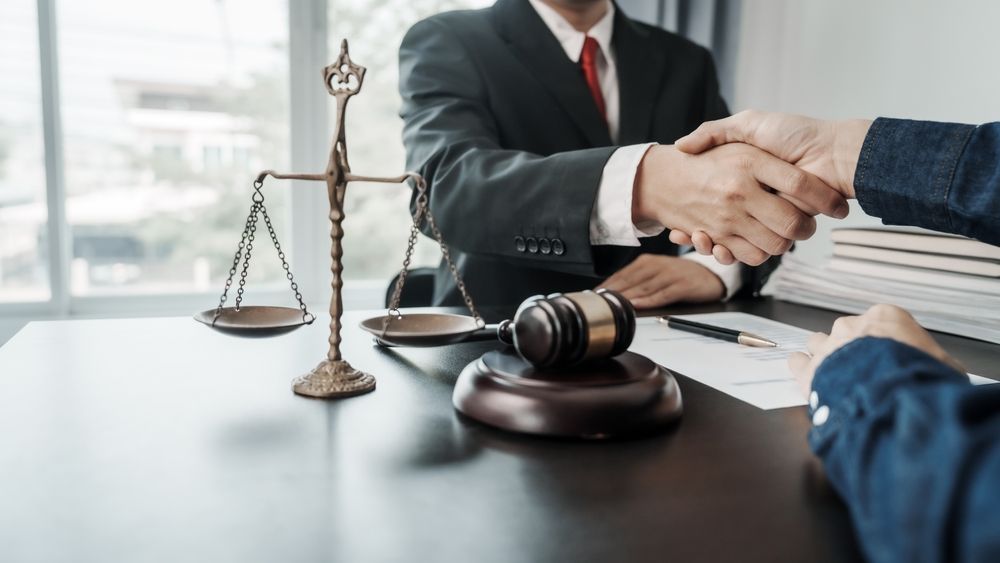
What Does A Criminal Lawyer Do?
Navigating the legal system can feel daunting, especially when facing criminal charges. This is where a criminal lawyer steps in. What does a criminal lawyer do? They are your advocate, your guide, and your shield during this challenging experience.
A criminal lawyer specializes in defending individuals or organizations charged with breaking the law. This involves understanding charges, protecting your rights, and exploring all possible defenses. Let’s unpack why this area of law is crucial.
Criminal lawyers perform thorough investigations to unearth facts that may help your case or refute the prosecution’s accusations. They investigate police reports, interview witnesses, and examine physical evidence for contradictions or inaccuracies. This rigorous strategy guarantees that all potential defenses are examined.
They also offer emotional support and direction, helping you understand the legal procedure and your options. Criminal lawyers work closely with their clients to seek the best possible outcome, whether through negotiation, plea bargaining, or trial counsel. Their position is critical in ensuring a fair trial and protecting your rights throughout the legal process.
Unpacking the Role of a Criminal Defense Attorney
A criminal defense attorney’s role extends well beyond the courtroom. Their work starts with a thorough understanding of the law and meticulous case preparation. During the initial consultation, the lawyer listens to the client’s account, explains the charges, and discusses potential defense strategies. This assessment helps decide if they will take on the case and how to build a strong defense.
The defense attorney is also responsible for investigating and gathering evidence. They scrutinize police reports, interview witnesses, and uncover procedural errors, aiming to expose inconsistencies and strengthen the defense. Protecting clients’ constitutional rights is a crucial part of their role, ensuring clients are aware of their rights, such as the right to remain silent and protection against unreasonable searches.
In plea bargaining, the attorney negotiates with the prosecution to potentially reduce charges or penalties. If the case goes to trial, the attorney advocates in the courtroom by presenting evidence, cross-examining witnesses, and making legal arguments. Their ability to negotiate effectively and advocate persuasively is key to achieving the best possible outcome for their client.
FAQs
What is the opposite of a criminal defense lawyer? The opposite of a criminal defense lawyer is a prosecutor, representing the government. They are also known as the prosecution lawyer.
Facing criminal accusations is undoubtedly a stressful experience. Understanding what a criminal lawyer does can alleviate some of the anxiety. Their role goes beyond simply representing you in court. It involves providing legal advice, safeguarding your legal rights, and building the strongest defense possible.
Whether through negotiation, plea bargains, or trial advocacy, a dedicated criminal lawyer is your ally. They help you navigate the legal complexities and work towards achieving the best possible resolution to your case. Having legal representation is not an admission of guilt, but a vital step toward ensuring fairness and justice.Do you need a criminal defense attorney in Doylestown or a drug laywer in Philadelphia? For more information, contact us today.
